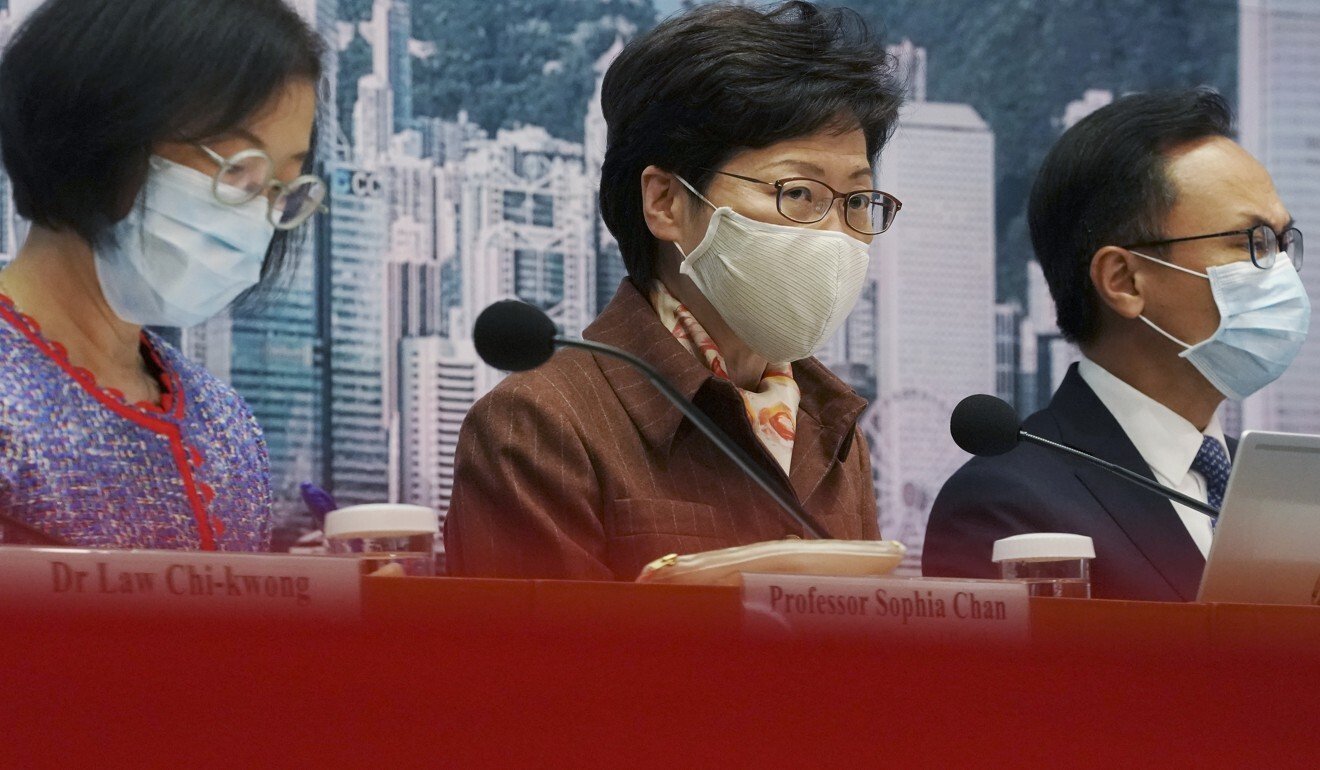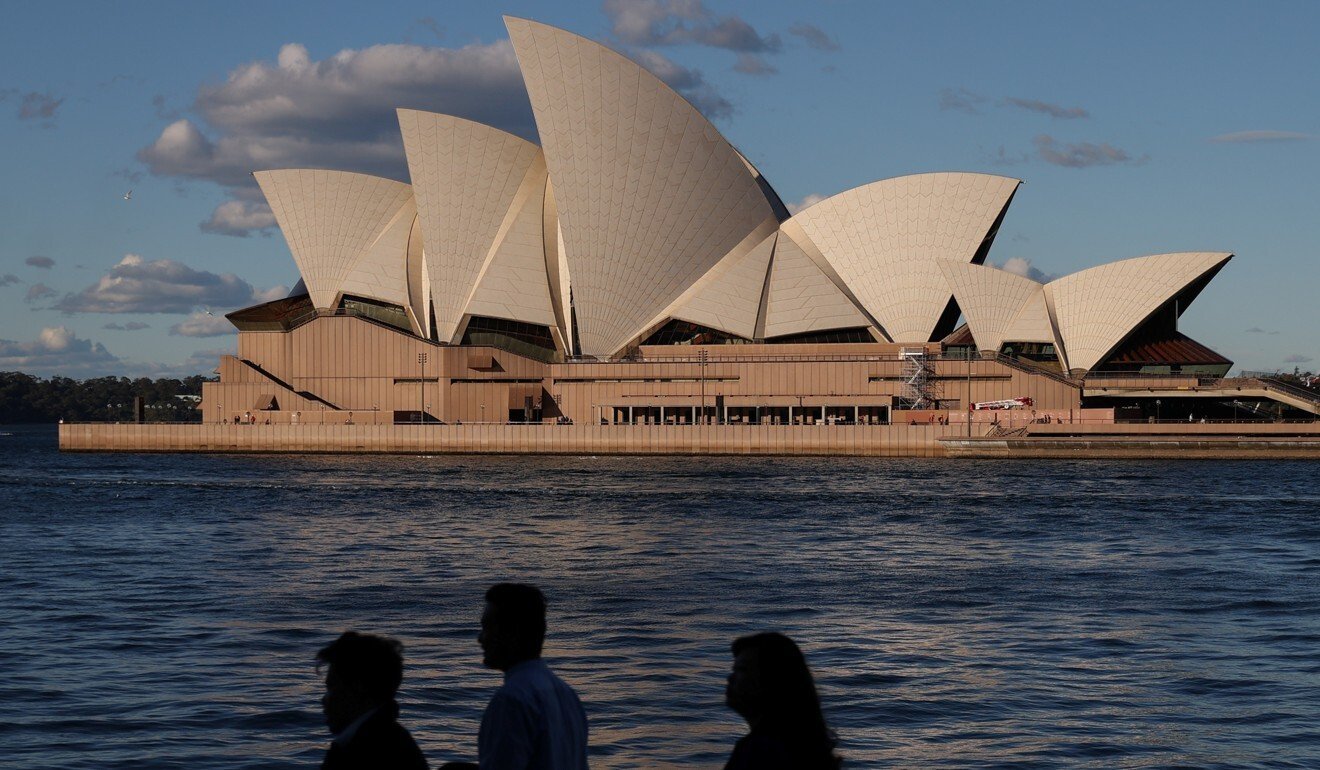Hong Kong News

Are Hong Kong’s hotel quarantine measures too late for festive arrival peak?
Hong Kong has ramped up quarantine measures for overseas arrivals to plug a glaring loophole that has contributed to waves of Covid-19 cases, but questions are being raised about whether the moves are too late, missing an arrival peak of those returning home for Christmas.
The government on Friday unveiled a landmark deal with 36 hotels that will be used as quarantine-only facilities. The time needed to get hotels to buy in, as well as differences compared to other countries which implemented more uniform cost measures for the sector, contributed to what critics said was undue delay.
Under the tightened rules, all inbound passengers arriving at the airport from places outside China will have nasal and throat swabs taken by health workers starting from December 15, rather than submitting deep-throat saliva samples themselves.
From December 22, travellers will also be required to take designated transport to their hotel for quarantine. The hotels will provide three meals a day to guests, and staff will be tested every 14 days.
The 36 hotels on the list will only be allowed to take quarantine guests to avoid cross infections, while those not on the list have to stop accepting such bookings.
Those arriving in the city will also be required to take a third Covid-19 test after completing quarantine – on the 19th day of their arrival. The move was designed to catch infections that took an unusually long time to emerge, officials said. The first test is done at the airport, and the second on the 12th day while guests are in quarantine.
But according to immigration statistics, arrivals in Hong Kong already peaked last Sunday, and are now on a downward trend.
In the past two weeks, 14,779 people arrived via Hong Kong International Airport. From December 4 to 10, there were 8,283 arrivals, the most in a seven-day period since late September, reflecting the surge in travellers rushing home to complete 14 days of quarantine in time for Christmas.
Last Sunday, more people arrived in Hong Kong via the airport – 1,883 – than at any time since March. The number of arrivals slowed to 835 on Friday, with those going into quarantine making it out on Christmas Day.

Dr Leung Chi-chiu, chairman of the Medical Association’s advisory committee on communicable diseases, said the new hotel arrangements were too late to catch those eyeing Christmas, and in particular, were implemented too far into the city’s fight against the pandemic.
“We started late. If we started earlier, things would be different. If they really wanted to introduce this measure, they should have prohibited travellers from staying anywhere other than at designated hotels,” he said.
“The optimal solution would have been to put this up very early in the pandemic and maybe we wouldn’t see the second or third, or even fourth wave.”
Medical research has shown the city’s current fourth wave was sparked by a new virus strain imported from Nepal and India, most likely brought in by travellers from those countries who had infected family members and others during their home quarantine.
Previous waves of infections in Hong Kong had been caused by travellers from mainland China, returning overseas students and workers from Europe and America, and aircrew members and seafarers exempted from quarantine.

Cheng Yuet-ngor said of the new measures on Friday: “We need to do proper gatekeeping to prevent an upsurge of cases … to plug any loophole that would allow imported cases into the community.”
Civil service chief Patrick Nip Tak-kuen said hotels were “pretty reluctant” to become quarantine facilities, hence the slow buy-in from the sector, compared to other countries using them from the beginning of the pandemic.
Lam also cited hoteliers’ fears of being openly supportive of authorities after the city was rocked last year by the months-long anti-government protests.
“From my first-hand experience very early in the process, I rang up several owners to seek their support to allow the use of a holding hotel or for quarantine,” she said.
“It was never agreed upon because of the worry. After … the enactment of the national security law, the chaos was removed … We have been very pleased with the response of owners this time around.”
New Zealand and Australia charge travellers a flat fee of around HK$17,500 (US$2,300) for 14 days in quarantine, and appoint rooms accordingly. Hong Kong differs in not regulating the cost of the quarantine stays and not managing capacity accordingly to maximise usage of available rooms.

A government source said initially hotels agreed to become quarantine-only facilities on condition the government block-booked all rooms at market rate. Resistance from parents was also observed, with some questioning why their children returning from overseas had to be isolated in hotels.
However, the eventual arrangement and support came after authorities effectively banned staycations in mid-November.
“Hotel operators see this as an opportunity to save their dwindling business,” the source said.
Yiu Si-wing, director of China Travel Service and a legislator representing the tourism sector, said hoteliers had genuine concerns from staff and the ability to generate a financial return.
“After a while, the hotels started to understand how to deal with the problems [of being a quarantine facility] and in fact some hotels have been serving as one,” he said. “It’s a little late. The arrangement could have come sooner. And there have been enough people to fill that demand.”
According to the government’s list of approved hotels, 12,132 regular rooms and suites are available for quarantine, including five-star luxury accommodation such as the Landmark by Mandarin Oriental, Kerry Hotel by the Shangri-La Group and Marriott’s Le Meridien.
Prices run from as little as HK$400 (US$50) a night to as much as HK$51,150 (US$6,600) for the 1,798 sq ft entertainment suite at the Mandarin Oriental. Some 80 per cent of the hotel rooms cost less than HK$1,000 a night.
At least 100 hotels expressed an interest in joining the scheme, the government said.











